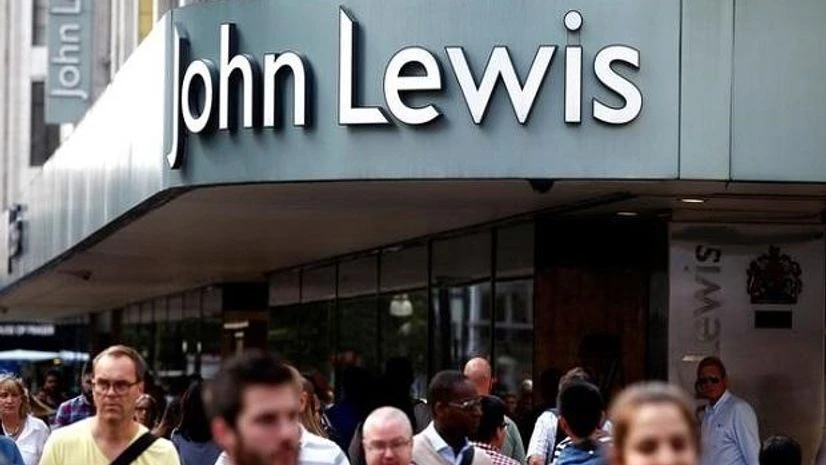British retailer John Lewis warned that consumer confidence is being damaged by the shadow of Brexit and that performance would take a further hit after first-half profit tumbled by more than half.
Employee-owned John Lewis, comprising the eponymous department store business and the upmarket Waitrose supermarket chain, on Thursday reported pretax profit down 53 per cent at 26.9 million pounds ($35.6 million), citing weak consumer demand and investment in its restructuring process.
The group has also been hurt by currency movements, with the value of the pound having plunged since Britain's vote to leave the European Union. The weaker pound and below-inflation pay increases have served to dent demand from increasingly price-conscious British shoppers.
"Brexit is having an impact on everybody," said Chairman Charlie Mayfield. "Sterling is weaker and there's evidence to show that confidence is being affected.
"We expect the headwinds that have dampened consumer demand and put pressure on margins to continue into next year. In addition, we will incur higher pension accounting charges in the second half-year as a result of low market interest rates. These will all impact our full-year profits."
Also Read
The company is now entering its key period of the year. More than half its pre-exceptionals profit comes in the final quarter because of surging demand in the run-up to Christmas.
Mayfield, however, reiterated the longer-term benefits of a restructuring aimed at future-proofing John Lewis.
The company said it incurred costs of 56.4 million pounds as part of the shake-up, including changes at Waitrose branches and in its IT, personnel and finance divisions.

)
